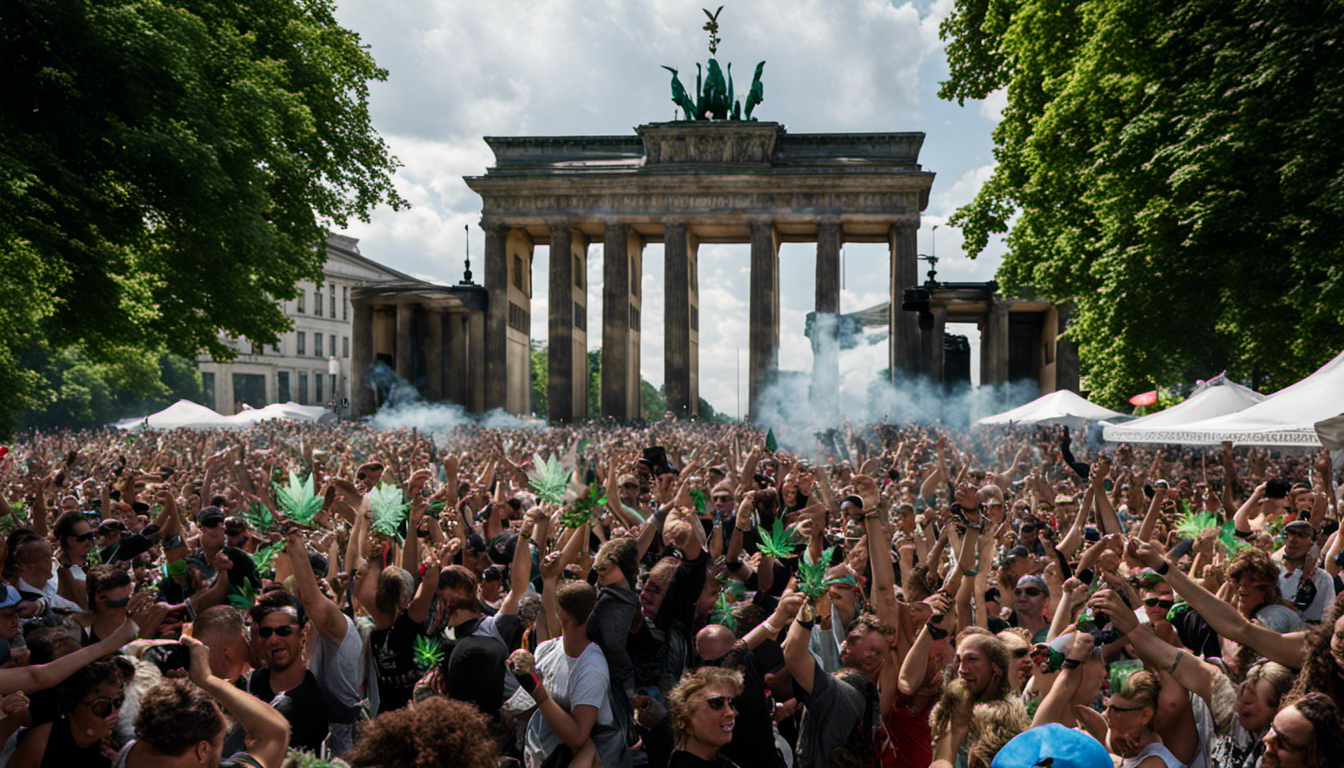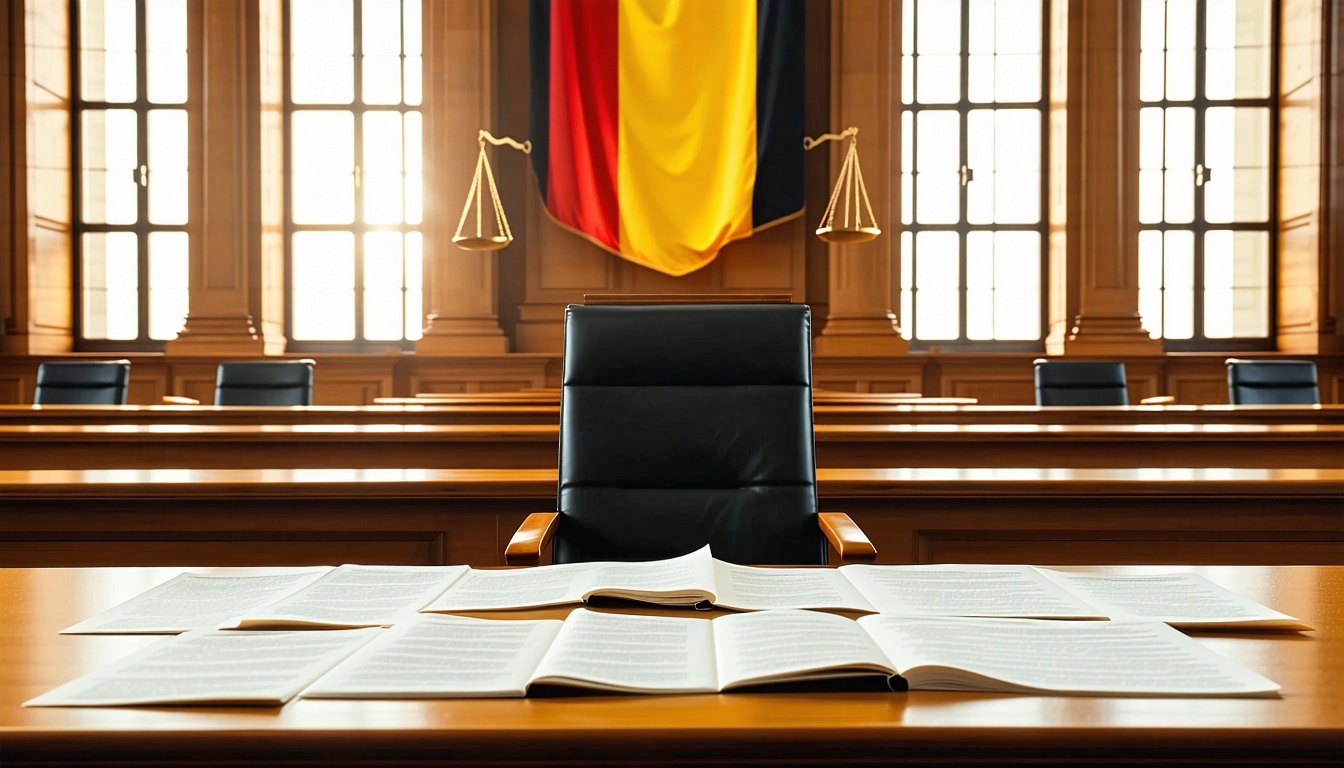Germany Celebrates Legalization of Recreational Marijuana Use
Early Monday morning, Berlin’s iconic Brandenburg Gate was the site of a “smoke-in” celebration, marking the implementation of Germany’s new law allowing adults to possess small amounts of marijuana. The country has become the largest in the European Union to legalize possession for recreational use, although the purchase and sale of cannabis remain prohibited.
Under the new law, adults can carry up to 25 grams of marijuana and keep up to 50 grams at home. They can also grow up to three plants for personal use. For those who prefer not to grow their own, “cannabis clubs” will be introduced in July, allowing licensed nonprofit cooperatives to cultivate and distribute the drug to their members.
The German Cannabis Association, which has been advocating for legalization for decades, hailed the new law as a major step forward. “Today, the state is ending decades of police harassment of harmless cannabis users,” said Georg Wurth, the organization’s director. “This is a huge step in the right direction.”
Germany’s new law is more lenient than some other European countries, including Malta, which allows adults to carry up to seven grams of marijuana, and Luxembourg, which permits residents to cultivate cannabis for personal use. The Netherlands, however, still prohibits the possession and sale of marijuana, although it has a policy of “toleration” allowing coffee shops to sell small quantities.
The celebration at the Brandenburg Gate featured music, dancing, and signs, with attendees filling the air with a cloud of smoke. The event was organized by the German Cannabis Association’s Berlin chapter, which encouraged people to “celebrate the end of the cannabis ban with us legally!”
The new law was passed by Germany’s ruling coalition, comprising the Social Democrats, Greens, and Free Democrats. Health Minister Karl Lauterbach praised the legislation, saying it would help with addiction treatment, youth prevention, and combating the black market.
However, some government officials expressed concerns about the law, including opposition leader Friedrich Merz, who warned about traffic risks, youth health risks, and bureaucratic burdens. Merz has vowed to overturn the law if his party wins the next national election.
The legalization of recreational marijuana use in Germany marks a significant shift in the country’s drug policy and is expected to have a ripple effect across the European Union.












